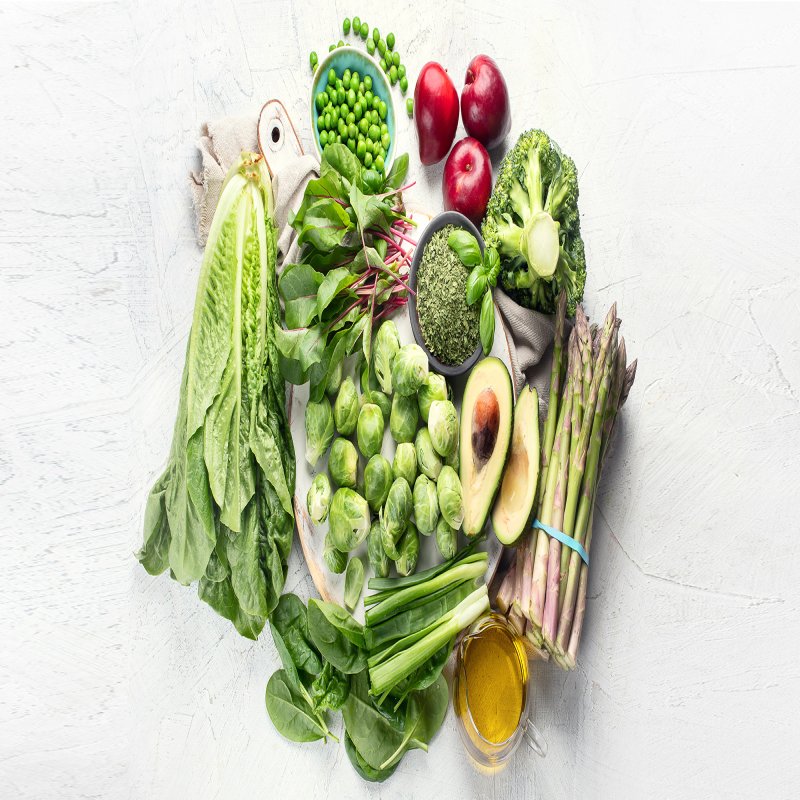
Have you ever wondered why all the blood in your body doesn’t keep gushing out when you have a cut or a wound? Well, that is because our blood has an inherent property called clotting which allows it to intrinsically plug any cuts or wounds. Vitamin K is one of the main protagonists behind this critical process. Eating Vitamin K rich foods helps your body heal wounds, prevent diabetes, and even fight cancer.
Here we discuss all you need to know about vitamin K.
Vitamin K is an important fat-soluble vitamin essential for the proper functioning and activation of different proteins in our body. It naturally exists in two forms: vitamin K1 and vitamin K2. Vitamin K1 is more abundant in foods but less bioactive than vitamin K2.
Vitamin K1 is present in green leafy vegetables, olive oil, and soybean oil, whereas vitamin K2 is present in chicken, butter, egg yolks, cheese, and fermented soybeans.
Roles of Vitamin K in the Body
Here we discuss all you need to know about vitamin K benefits.
- It is one of the main players in a complex biochemical cascade which ultimately results in the formation of blood clots. Blood clots prevent excessive and continuous loss of blood after a cut or wound.

- Vitamin K participates in the synthesis of bone proteins. A lack of vitamin K produces abnormal proteins that cannot bind to the minerals involved in bone formation. As a result, this leads to low bone density.

- It has various other important roles, including prevention and treatment of arterial calcifications, coronary heart disease, improvements in bone strength, cancer, and reduced risks of fractures, as well as improvements in insulin sensitivity.

Deficiency
Vitamin K deficiency is rare but can occur due to faulty fat absorption. It might be prevalent in people suffering from liver damage, cystic fibrosis, or inflammatory bowel disorders. Symptoms of vitamin K deficiency include anemia, heavy menstrual bleeding in women, and stomach pains. Brittle bones, massive uncontrolled bleeding, or the deposition of calcium salts in the walls of arteries are also common symptoms.
Other factors contributing to vitamin K deficiency include drugs interfering with its synthesis and action in the body. For example, anti-coagulant drugs affect the metabolism and activity of vitamin K.
Know how to cure iron deficiency here!
Toxicity
Excess vitamin K intake does not have any severe side effects. Therefore, no upper intake level (UL) is set. However, high doses of it can affect the activity of anticoagulant drugs used to prevent blood clotting. Anticoagulants prevent or break up blood clots that might form in our blood vessels or hearts.
Thus, a daily vitamin K intake of 1 μg per kg of body weight is recommended as adequate for all age groups beyond the neonatal phase.
Vitamin K Rich Foods
Vitamin K1 is a compound present in all photosynthetic plants. It is the primary dietary source of vitamin K. Other common sources are green leafy vegetables such as spinach, spring onions, kale, and mustard greens. Cruciferous vegetables such as cabbage, broccoli, and cauliflower are also a good source. Fish, meat, liver, and eggs also contain small amounts of vitamin K. Cruciferous vegetables are a good source of vitamin K.

Thus, vitamin K is as important as other vitamins and minerals, if not more. Make sure you include natural sources of this vitamin as much as possible to prevent both excessive consumption and its deficiency.


.png)


